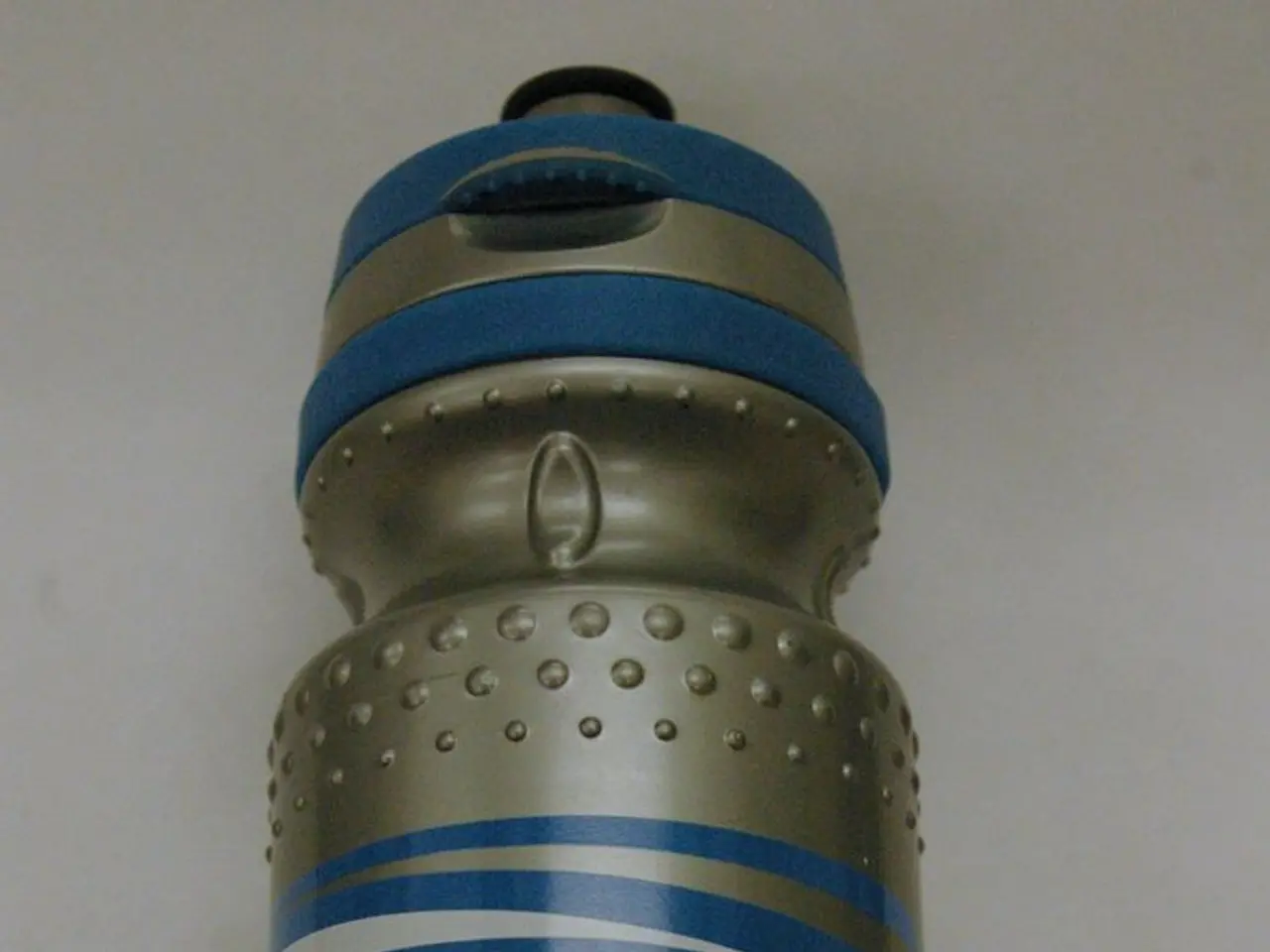Impact of Alterations in Genetic Sequence through Frameshift Mutations
In the intricate dance of life, our DNA plays a vital role in maintaining the health and functionality of our cells. However, sometimes, changes occur in our DNA that can lead to disease, particularly in the form of somatic mutations.
Somatic mutations, alterations in DNA that occur after birth and affect only certain cells in the body, can guide the development of targeted therapies. These mutations can change the DNA code, transforming our cells into cancerous cells by hijacking genes responsible for controlling cell growth.
The origins of genetic instability leading to somatic mutations are multifaceted. Endogenous DNA damage and errors, such as spontaneous chemical changes and errors during DNA replication, contribute to mutations in somatic cells. Deficiencies in DNA repair pathways also accelerate the accumulation of mutations by failing to correct DNA damage caused by primary processes.
Environmental exposures, such as tobacco smoking, ultraviolet radiation, and other independent mutagenic sources, introduce direct DNA damage leading to mutations. Altered metabolism can create oncometabolites and reactive oxygen species that damage DNA, contributing to genetic instability and mutation accumulation in somatic cells.
Mitochondrial DNA mutations and oxidative stress, particularly with age, contribute to cellular dysfunction and potentially influence nuclear DNA mutation rates indirectly through impaired respiration and increased oxidative stress.
Somatic mutations can affect genes involved in DNA repair and cell cycle regulation. DNA repair defects occur when the cell's built-in editing systems malfunction. Mutations with significant functional consequences can introduce stop codons that prematurely end protein production or cause frameshift mutations that scramble the genetic code.
Certain somatic mutations are associated with a higher risk of recurrence or metastasis. Reactive oxygen species can accumulate over time, inducing genetic instability and paving the way for cancer's development.
In the context of cancer and diseases, these factors act jointly to shape the landscapes of somatic mutations observed in tissues. For example, systemic sclerosis and certain progeroid syndromes show widespread mutagenesis linked to genomic instability.
Genetic counseling can help individuals understand their inherited risk for certain mutations and guide them on taking steps to prevent them. Lifestyle modifications, such as exercise, a healthy diet, and avoiding harmful substances, can help prevent the accumulation of harmful mutations.
Next-generation sequencing (NGS) can be used to identify specific somatic mutations causing cancer. These mutations can provide valuable clues about a cancer patient's prognosis. Targeted therapies can be used to block the growth of cancer cells that harbor specific mutations.
However, prevention is always better than cure. By understanding the causes and consequences of somatic mutations, we can take proactive steps to reduce our risk of developing cancer and other diseases. Researchers are working on developing advances in DNA repair and stability maintenance to further combat these mutations.
- somatic mutations, when they affect genes involved in DNA repair and cell cycle regulation, can create stop codons that prematurely end protein production or cause frameshift mutations that scramble the genetic code, potentially contributing to the development of cancer.
- Understanding the causes and consequences of somatic mutations can aid in preventing the accumulation of harmful mutations by adopting lifestyle modifications such as exercise, a healthy diet, and avoidance of harmful substances, thereby reducing the risk of developing cancer and other medical conditions.




